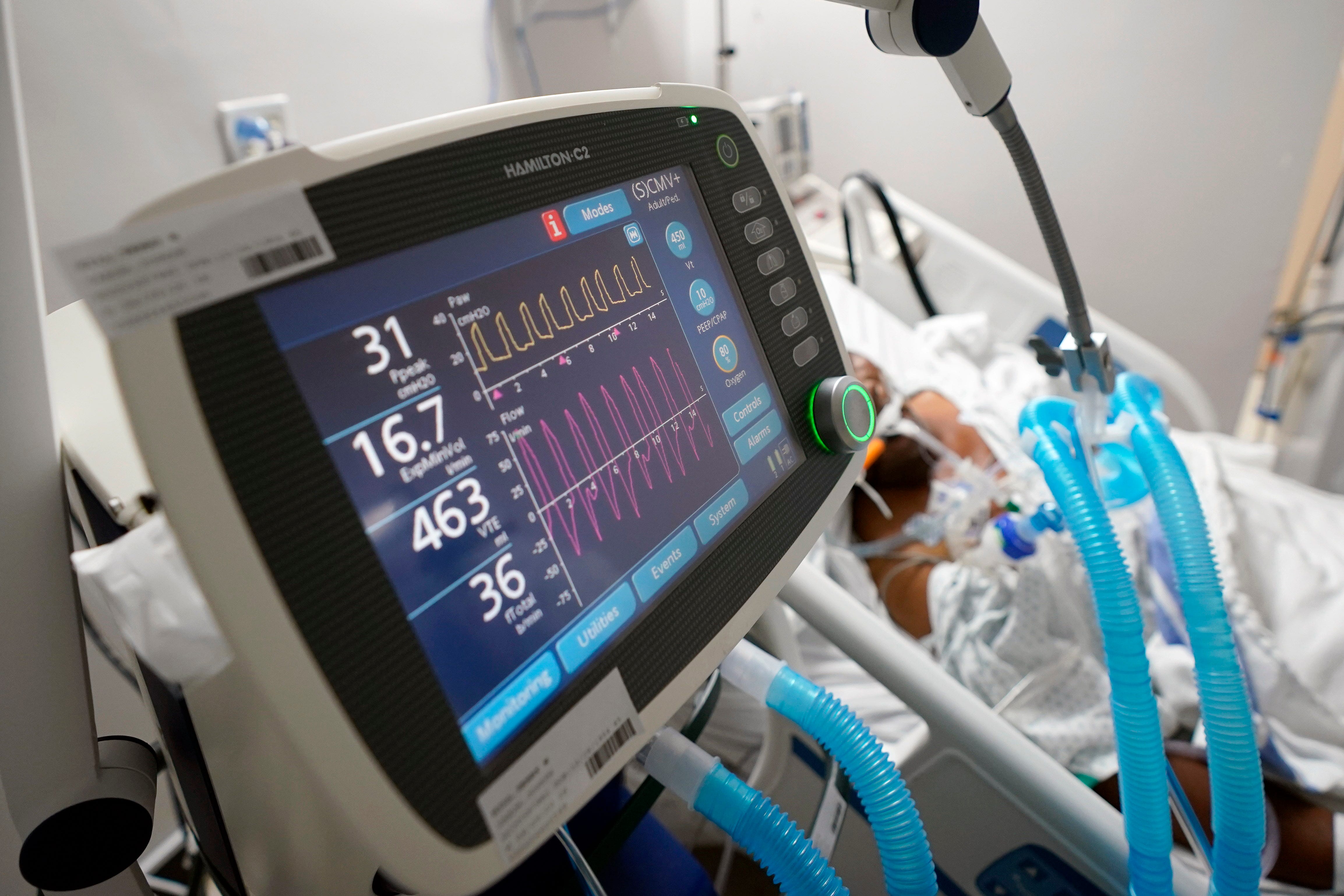
People will need a small yellow card at airports to show immunization against the COVID-19 virus. Schools, restaurants and sports stadiums will be equipped with quick, inexpensive testing stations for students and customers.
The world will be fighting coronavirus the next three to four years as virus hot spots skip from nation to nation and the pandemic's toll will linger for decades, said Dr. Larry Brilliant, a California epidemiologist who was part of a World Health Organization team in the 1970s that helped eradicate smallpox.
But it's "not all doom and gloom" with effective vaccines likely to emerge from dozens of candidates worldwide and effective treatments, including convalescent plasma and monoclonal antibodies, to help people recover more quickly, Brilliant said.
"We will still be chasing the virus four years from now. But it won’t be like (today)," Brilliant told the USA TODAY Editorial Board on Monday afternoon. "It will be like the smallpox eradication program. The polio eradication program. Having yellow fever in some countries and not in others."
'States duking it out for supply': Lack of federal plan leads to coronavirus testing delays
Still, before vaccine trials weed out contenders from pretenders, the U.S. likely faces a substantial increase in cases and deaths. As of Monday, the nation had 4.7 million cases and 155,165 deaths, according to Johns Hopkins University.
The immediate challenges are Labor Day get-togethers, the return of schools, flu season in the the fall and winter and long election lines in November, said Brilliant, who served as an adviser for the 2011 film "Contagion" and team doctors for the rock band Grateful Dead.
Schools are fraught with transmission risks, he said, from bus rides to indoor crowds that can hasten spread — cafeterias, gyms, locker rooms, theaters and indoor swimming pools. And schools often spark respiratory disease and influenza season with infected children bringing viruses home. This will allow COVID-19 to grow and spread to areas where it's caused little disruption so far.
"We're in for a bad and rocky ride," Brilliant said.
He said the virus will continue to spread until something stops its growth, possibly the combination of effective vaccines with annual boosters and immunity among those who've developed antibodies to halt or limit future infections.
Experts: We're one-third of the way to a widely available coronavirus vaccine
A recent study in JAMA Internal Medicine estimated COVID-19 cases ranged from six to 24 times higher than official counts. The large federal study relied on antibody testing data in 10 cities to gauge whether individuals previously were infected with SARS-CoV-2, the virus that causes COVID-19. Antibody tests are different than diagnostic tests, which detect whether someone is currently infected.
Brilliant said if about 10% of U.S. residents have been infected so far, there's a long road ahead until the population reaches herd immunity and new transmissions burn out. By his estimate, there are "300 million more customers for this disease who have not bought it yet."
The best way to halt the virus' march to herd immunity is for 50 states to adopt a uniform approach of masks, social distancing, hand-washing and limiting crowded indoor places such as bars and restaurants.
'If it can hit me, it can hit anyone': 'Contagion' medical adviser Dr. Ian Lipkin has coronavirus
He said combining those actions in a coordinated way would be as effective without the need for a total shutdown, which would create "political and emotional and economic hell if we close everything down in the same way we did before."
He wants the Centers for Disease Control and Prevention to take a stronger role in urging coordinate action to slow the virus. In the absence of federal leadership, governors could coordinate and act.
Brilliant said federal health officials have navigated past outbreaks of Ebola, Zika and the swine flu pandemic in 2009-2010, which caused far fewer deaths than COVID.
"who" - Google News
August 04, 2020 at 07:15AM
https://ift.tt/30pO9ld
'We're in for a bad and rocky ride:' Ex-WHO doctor who helped eradicate smallpox predicts COVID-19 turmoil for years - USA TODAY
"who" - Google News
https://ift.tt/36dvnyn
https://ift.tt/35spnC7
Bagikan Berita Ini














0 Response to "'We're in for a bad and rocky ride:' Ex-WHO doctor who helped eradicate smallpox predicts COVID-19 turmoil for years - USA TODAY"
Post a Comment